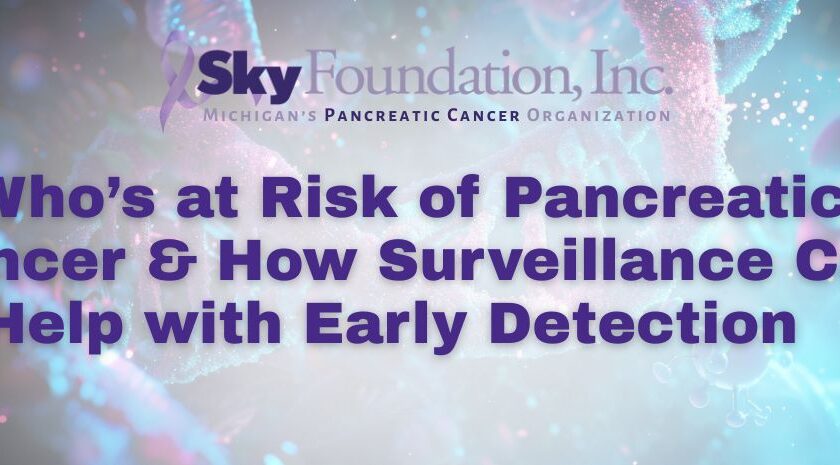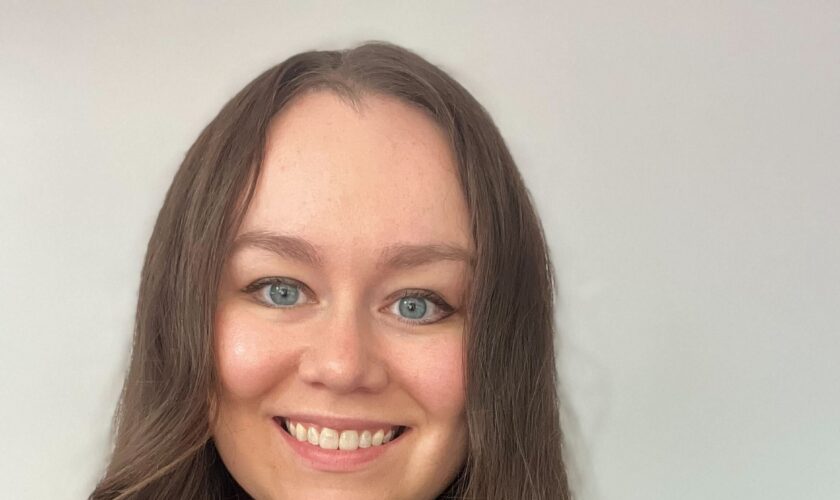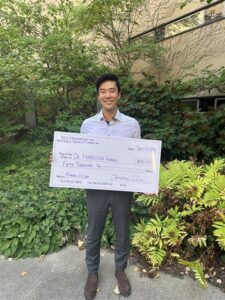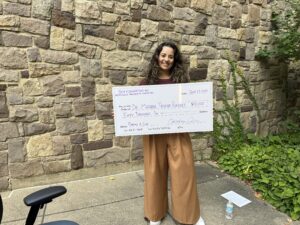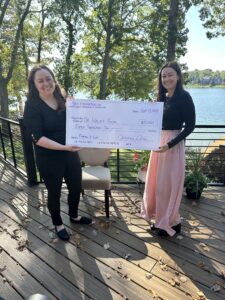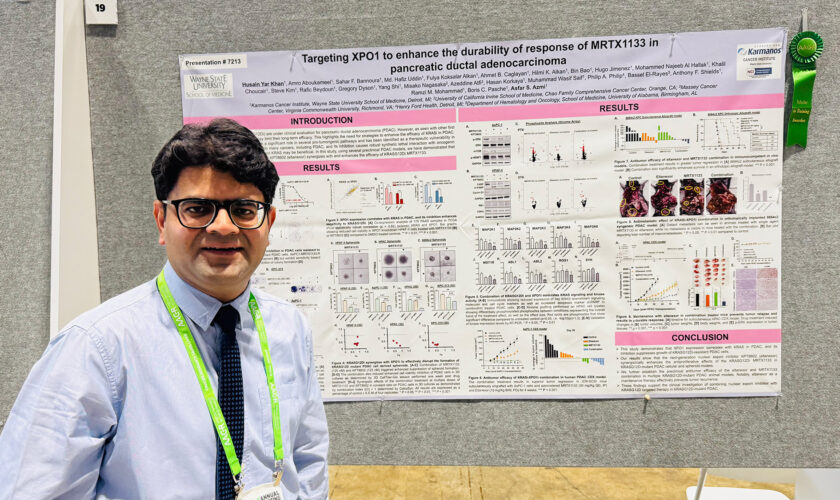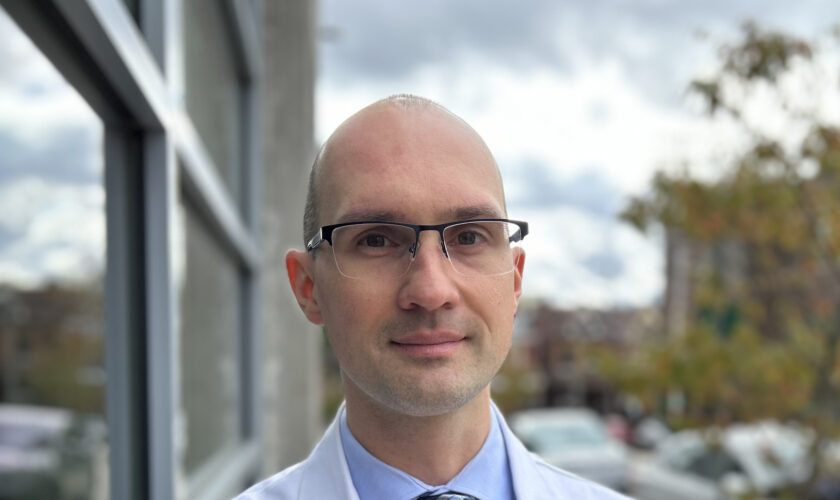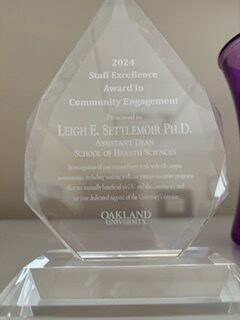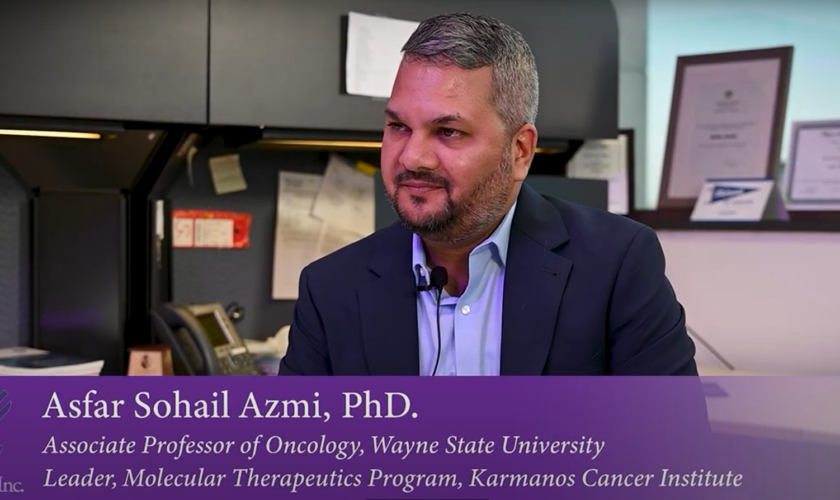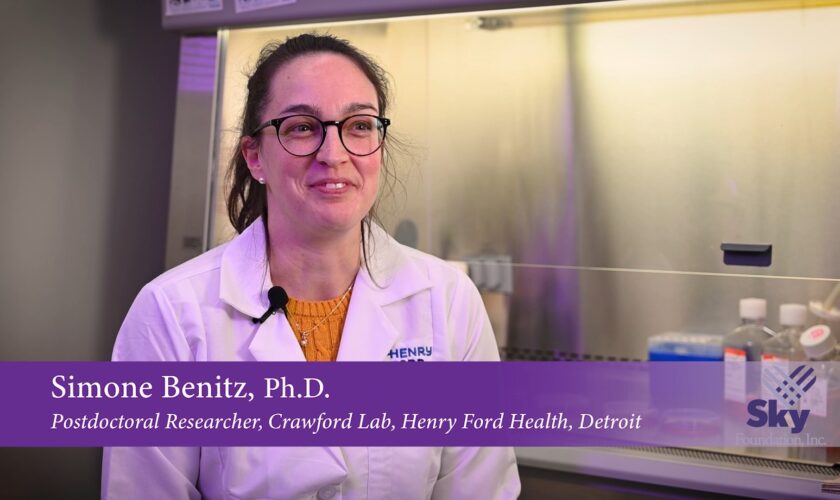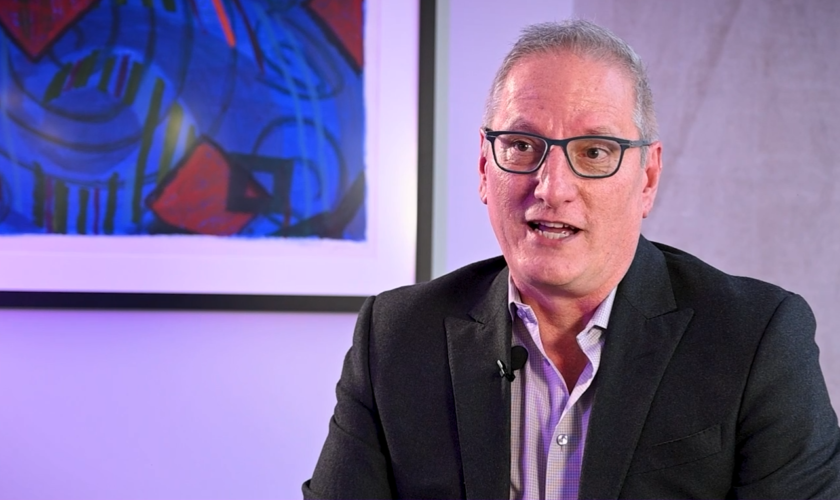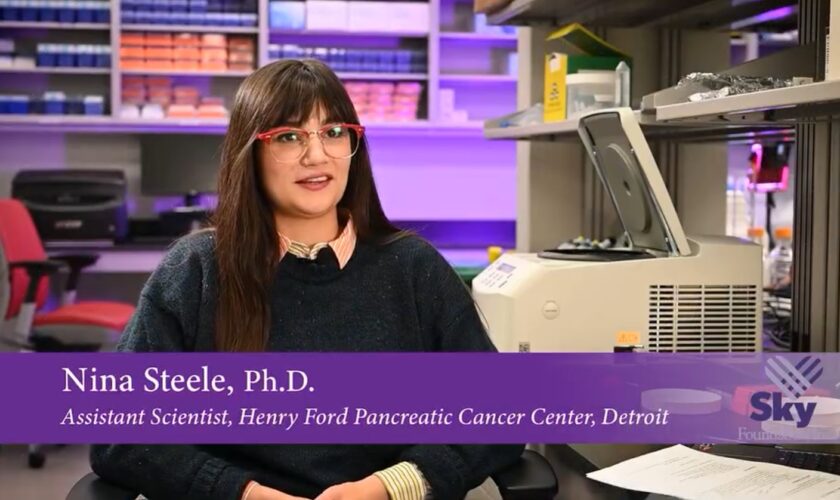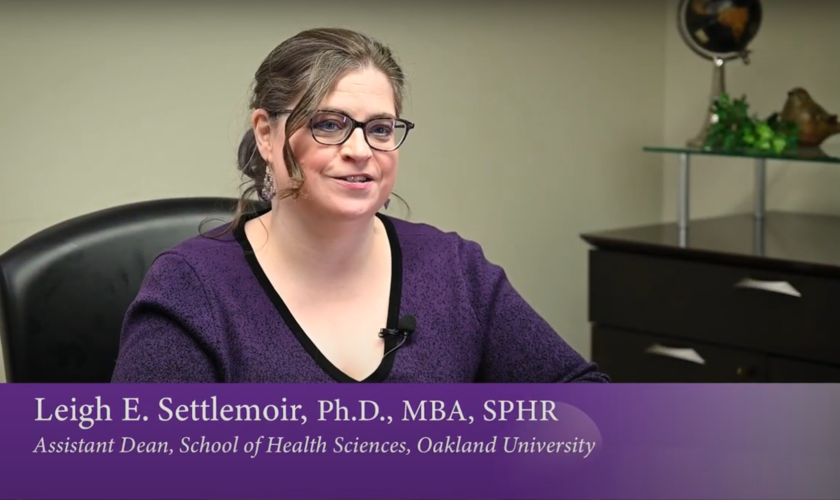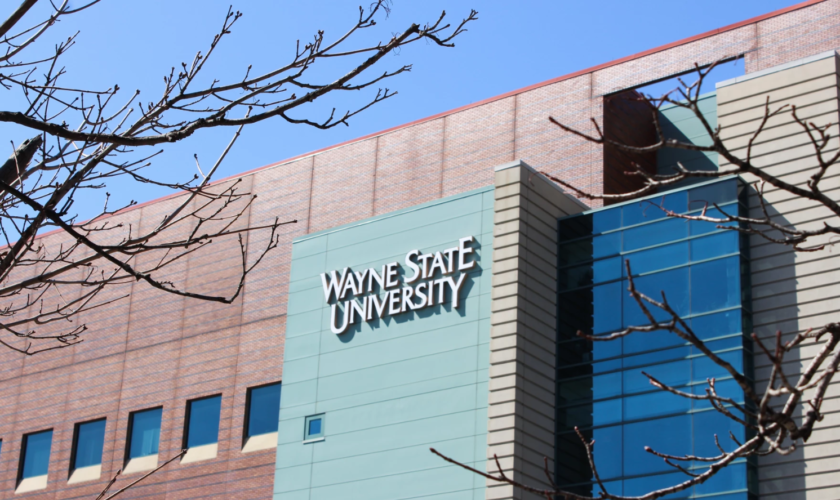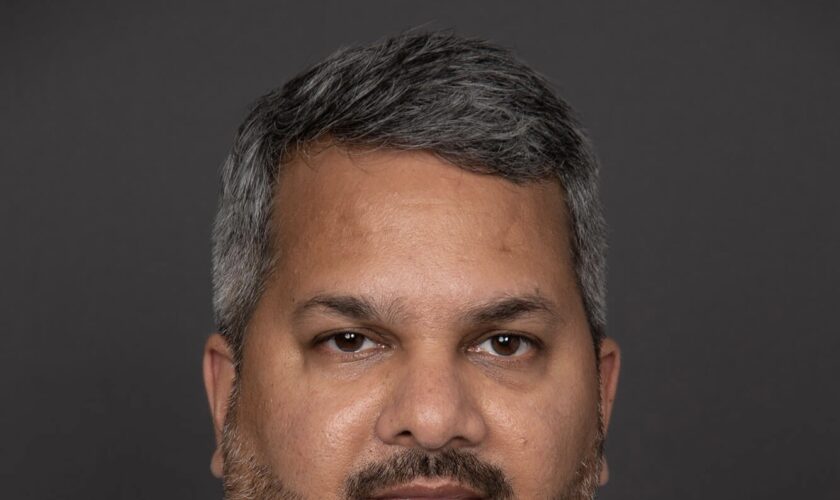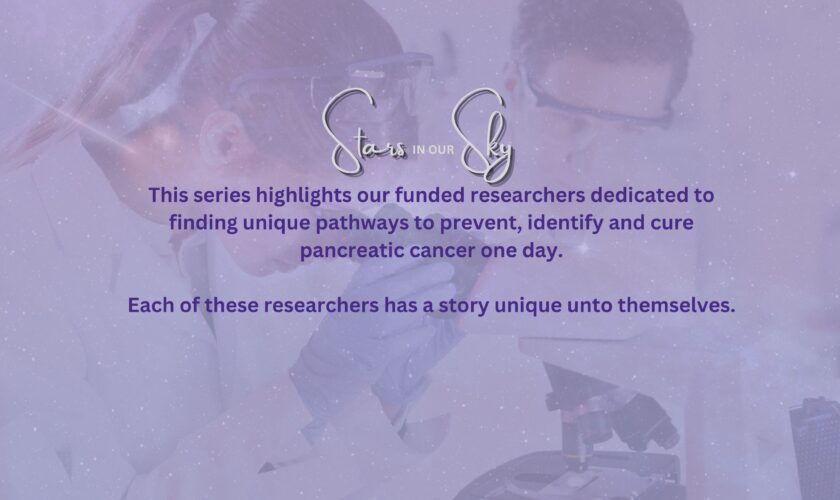Date & Time: Tuesday, November 18, 2025
Location: Online via Microsoft Teams
🎟️ Register Here
Understanding Genetic Risk & Early Detection
Sky Foundation is proud to present a free virtual event exploring how genetic testing and surveillance can help detect pancreatic cancer earlier and potentially save lives.
If you or a loved one has a family history of cancer — particularly pancreatic, colon, or other gastrointestinal cancers — this event is for you.
You’ll hear from top experts at Michigan Medicine about how hereditary risk plays a role in pancreatic cancer and what steps you can take to understand and manage that risk.
🎙️ Event Speakers
Dr. Elena Stoffel, MD, MPH
Gastroenterologist & Clinical Professor, Cancer Genetics Clinic, Michigan Medicine
Dr. Elena Stoffel is a nationally recognized expert in cancer genetics and precision prevention. She leads the Cancer Genetics Clinic at Michigan Medicine and is actively involved in research focused on hereditary cancer risk, early detection, and health disparities. Dr. Stoffel’s work has advanced screening guidelines for high-risk individuals, and she is a frequent contributor to national panels on genetic testing and cancer prevention.
Andrea Murad, MS, CGC
Lead Genetic Counselor & Clinical Assistant Professor, Michigan Medicine
Andrea Murad is the lead genetic counselor for the Cancer Genetics Clinic in the Division of Genetic Medicine at the University of Michigan. She is a 2015 graduate of the University of Cincinnati Genetic Counseling Program. Following graduate training Andrea accepted a position as a cardiovascular genetic counselor at Vanderbilt University before joining the University of Michigan in 2018. She is currently the Vice Chair of the Practice Guidelines Committee for the National Society of Genetic Counselors (NSGC), Vice President of the Michigan Association of Genetic Counselors and was selected as an author for the Hypertrophic Cardiomyopathy Guidelines Systematic Evidence Review. Her research interests span cardiovascular genetics, cancer genetics, and health disparities impacting equitable access to genetic services.
Sarah Volk
Clinical Research Coordinator Senior, Michigan Medicine
Sarah Volk is a Clinical Research Coordinator Senior in the Division of Gastroenterology and Hepatology at the University of Michigan. She is certified through the Society of Clinical Research Associates (SOCRA). She has nearly 23 years of research experience at the University of Michigan, and she has been with the GI division since 2016. She manages several clinical trials related to interventional endoscopy, and she is the lead research coordinator for the Cancer of the Pancreas Screening (CAPS) and Pancreatic Cancer Early Detection Consortium (PRECEDE) studies.
🎤 Event Hosts
Annie Dalton
Executive Director, Sky Foundation, Inc.
Annie will guide the event and introductions.
Samantha Kasselman
Board Member & Liaison to the Scientific Advisory Committee
Samantha conceptualized, coordinated and produced the material for this event. She will also lead the live Q&A session.
💬 Ask Your Questions Live!
There will be a live Q&A portion at the end of the event, where you’ll have the opportunity to ask your questions in real time using the Q&A panel.
Prefer to send in your question early?
📩 Submit a Question in Advance Here
What You’ll Learn:
- Who should consider genetic testing for pancreatic cancer
- What “surveillance” means and how it helps with early detection
- What to expect from a genetic counseling session
- How hereditary cancer risk is identified and monitored
- What’s currently being researched and how to get involved
Register Now
Don’t miss this opportunity to learn from the best and take action toward protecting your health or supporting a loved one.

